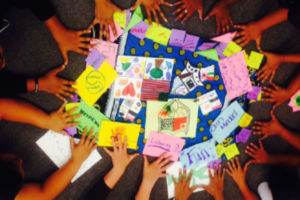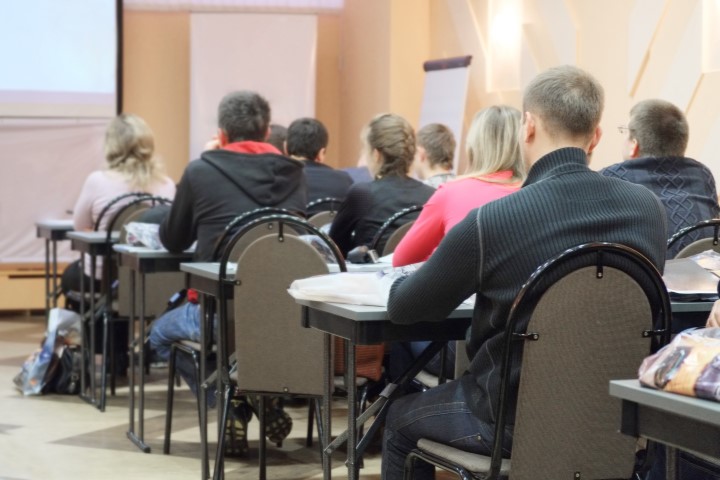Hundreds of educators across Minnesota received “Restorative Practices Training” through the state’s Department of Education this summer as part of a shift toward a softer discipline approach in schools.


Hundreds of educators across Minnesota received “Restorative Practices Training” through the state’s Department of Education this summer as part of a shift toward a more thoughtful discipline approach in schools.
About 650 educators in total – teachers, social workers, counselors and administrators – attended classes over two weeks in June to learn how to respond to conflicts in schools and better help students work through their problems, KSTP reports.
Nancy Riestenberg, a restorative practices specialist with the Minnesota Department of Education, contends “adults are always teaching kids social skills and so we should be intentional about how we do that.”
In school districts across the country, officials are using “restorative justice” practices as the primary tool for reducing a disproportionately high percentage of minority students who are suspended from school – an effort that was strongly supported by the Obama administration.
In Minnesota, trainings were held in Cloquet, Bemidji and Crystal for the first time in June, though districts including St. Paul and others have already implemented restorative justice programs with mixed success, however.
Hopkins West Junior High Assistant Principal Matthew Johnson likened the “restorative practices” training to “learning a new way of building relationships with students.”
He contends an emphasis on dialogue and making things right with the restorative approach gives students a foundation to address problems throughout their lives.
“It gives students the opportunity to have voice within a circle, to hear each other. So when those tough times come, when conflict does happen, they’ll have the skills,” he said. “They’ll have learned the skills to listen and then to speak their truth.”
Perpich Arts High School Assistant Principal Christopheraaron Deanes said restorative practices encourage kids “to hear your heart instead of hearing your words.”
“Because words don’t always give you the emotion,” Deanes said.
Riestenberg told KSTP Minnesota’s restorative practices are based on tribal traditions that date back generations, blended with methods “restorative justice” councils use to improve inmate behavior in Carlton County prisons.
James Davison Hunter, founder of the Institute of Advanced Studies in Culture, notes in “The Tragedy of Moral Education in America”:
The components of morality are expressed in a community’s institutions, including its moral rules … When it functions well, our moral culture binds us, compels us, in ways of which we are not fully aware.
The Centre for Justice & Reconciliation offers a six part tutorial about restorative justice that covers the values, programs, and conceptual issues involved as well as the benefits and implementation of the approach.
“Restorative justice is a theory of justice that emphasizes repairing the harm caused by criminal behavior,” according to the Centre, a program of Prison Fellowship International. “It is best accomplished through cooperative processes that include all stakeholders. This can lead to transformation of people, relationships and communities.”